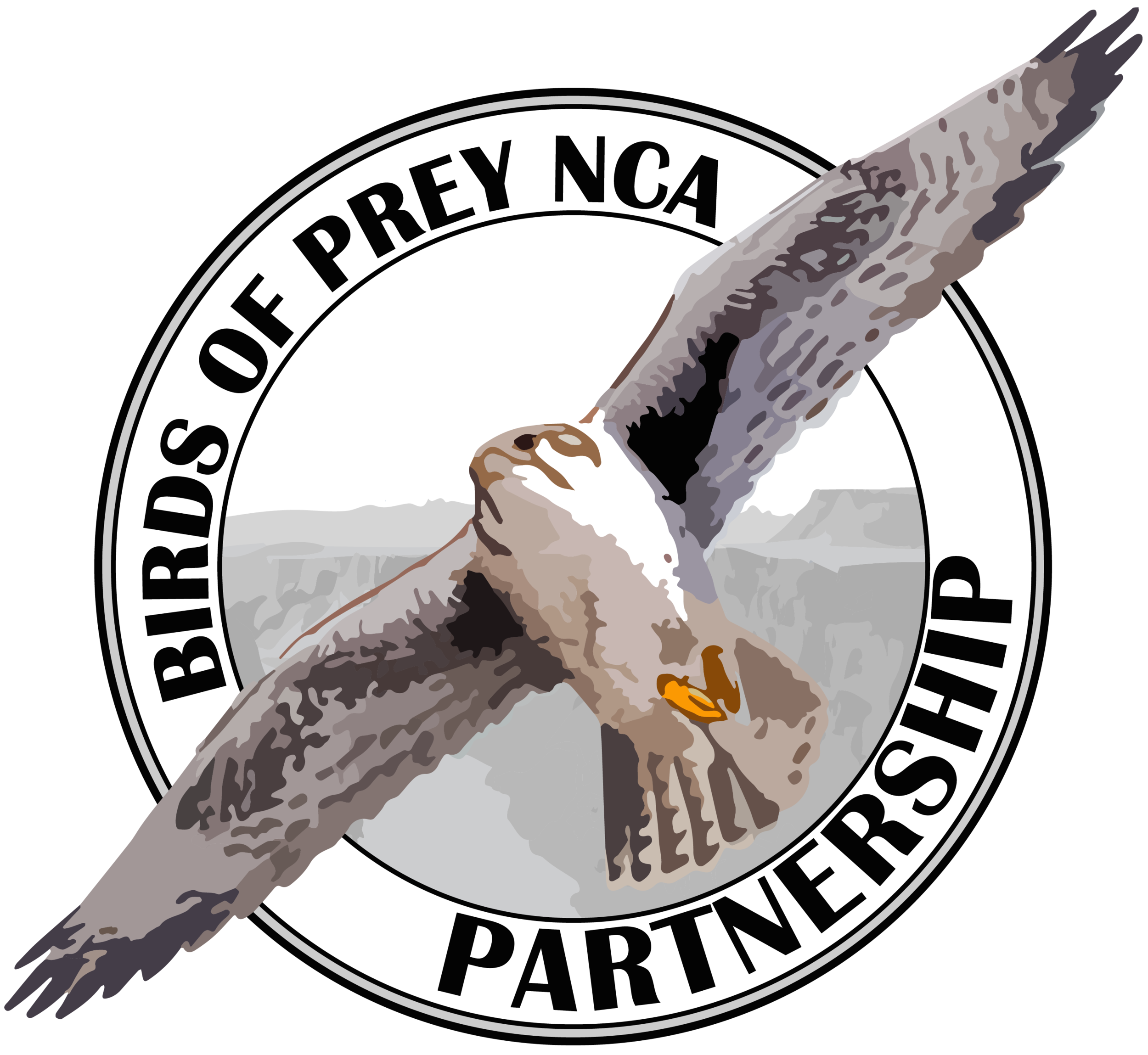Raptor Fest 2020
Chris Parish - The Peregrine fund’s director of global conservation
Chris N. Parish, hails from a small farming/ranching and oil town in the southern San Joaquin Valley of California. After a brief yet impactful introduction to the wildlife of the desert foothills, mostly through hunting and fishing, he moved on to further his education at Northern Arizona University on an athletic scholarship, obtaining a B.S. in Biology with emphasis on Fish and Wildlife Management. Through time, education and reflection of the vast gap between the people of the land and conservation-oriented groups i.e. academics, scientists etc., it became obvious that he would strive to bridge the gap between the people of the lands and the scientific/management communities in efforts to build intentional and successful conservation products. After working for the Arizona Game and Fish Department as a wildlife biologist for the first five years of his wildlife career, he moved to the private sector and served as the Condor Program Director for The Peregrine Fund for nearly two decades, continuing his passion for both field work and converting foundational scientific contributions to conservation by engaging and uniting partners in recovery efforts in Arizona and Utah. Additionally, he has been pursuing a PhD at Northern Arizona University, and has been promoted to Director of Global Conservation for The Peregrine Fund with a primary focus on recovery programs for Aplomado Falcons, California Condors, and the establishment of the North American Non-Lead Partnership to preserve our wildlife conservation and hunting heritage. Chris and his wife Ellen, have two beautiful daughters, Emma and Anna who are now both attending college at Northern Arizona University and the University of Wyoming.
Wednesday, June 3rd at 4:00pm - Twenty Years of Species Recovery - What to do with What We’ve Learned - The near extinction of North America’s largest flying land-bird and attempts to recover the California condor is known to many, but the details of the why and how are less known. The trials and tribulations of human history in endangered species management offer landscape-scale insights in an ever-changing arena of conservation. Should we succeed in recovering this species, it will stand as a testament of societies’ abilities to observe, study, and respond accordingly to better manage preventable impacts to ecosystems and the species within. Lead poisoning remains the single greatest threat to recovery and implications for other less studied species is equally important. Science alone does not make conservation. How we proceed will have as much to do with success as the foundations of science we depend upon to detangle these complex issues.

